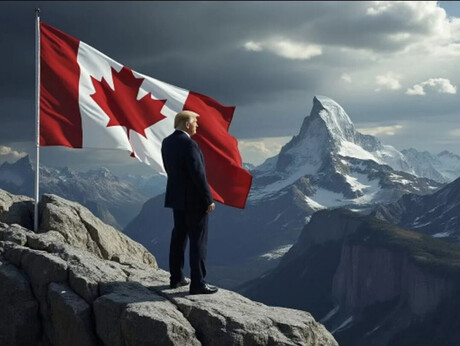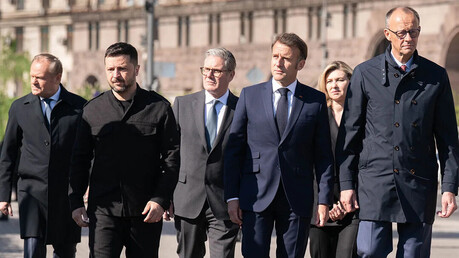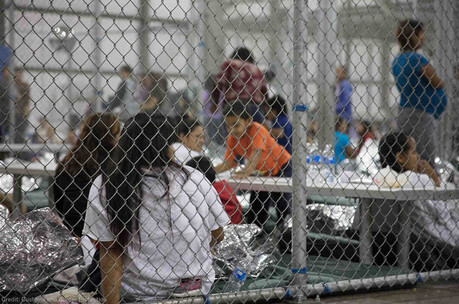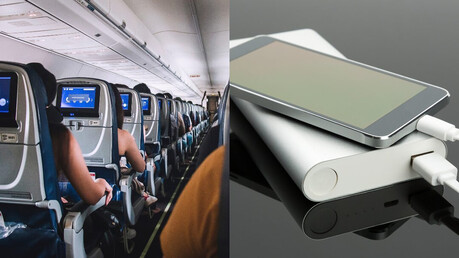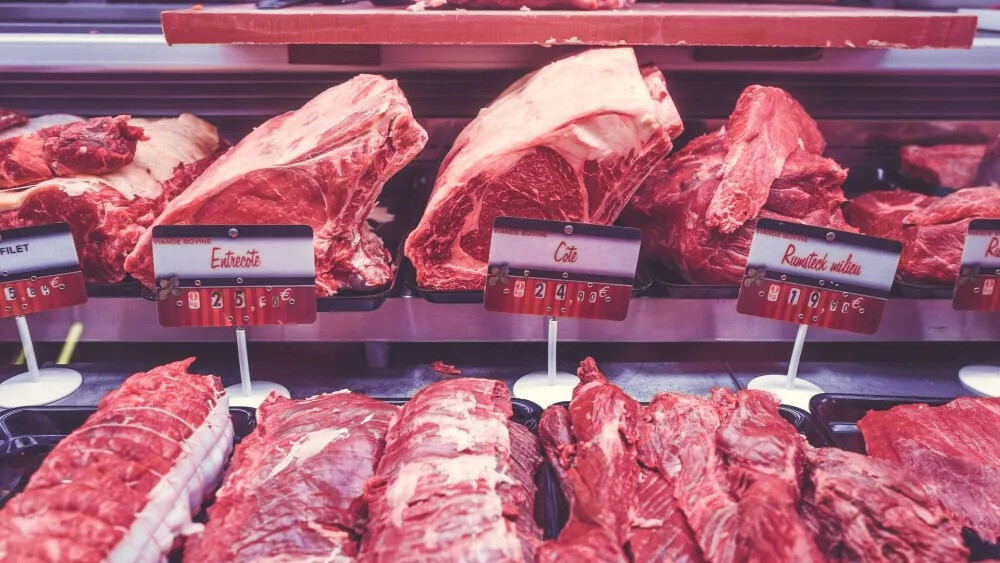
During the first anniversary ceremony of the "Zero Hunger" program, Paraguayan President Santiago Peña officially acknowledged the difficulties faced by low-income citizens in purchasing beef. He pointed out that due to high inflation, it has become difficult for the people of Paraguay to put beef on their tables, and he questioned why food prices are not coming down quickly despite the depreciation of the currency. President Peña strongly suggested the possibility of profiteering in the intermediate distribution stages, stating, "Someone is pocketing that difference."
President Peña said, "Paraguayan families are having great difficulty purchasing beef. There are various reasons, such as the appreciation of the currency and market conditions, but these changes are not being reflected in the income of beef producers. This means that someone is taking that difference." He emphasized that to prevent such unfair practices, the government would take legal action through the Consumer Protection Authority (Sedeco) and the National Competition Commission (Conacom). He stated his firm stance, "We will use legal tools so that economic development does not become an excuse to sacrifice the most vulnerable people for the benefit of a few."
In response, the Paraguayan Rural Association (ARP) stated that it was looking forward to an investigation by Conacom, but Conacom countered that the lack of cooperation from producers was hindering a solution. Ricardo Gavilán, Conacom's Director of Investigations, said, "Just as the president of the Rural Association is waiting for Conacom, I am also waiting for the Rural Association and other producers who promised to provide information and evidence so that I can start an investigation," making it clear that an investigation is impossible without a formal complaint and the submission of data.
Meanwhile, President Peña also mentioned the issue of fuel prices, which rise immediately when the dollar or oil prices increase in the international market. He stated that the government would prioritize protecting Paraguay's microeconomy, saying, "Sometimes private companies express their dissatisfaction, but we must protect the interests of the most vulnerable without causing market distortions." These remarks are interpreted as a signal that the government is considering active intervention to stabilize prices and protect the low-income economy.
[Copyright (c) Global Economic Times. All Rights Reserved.]



















